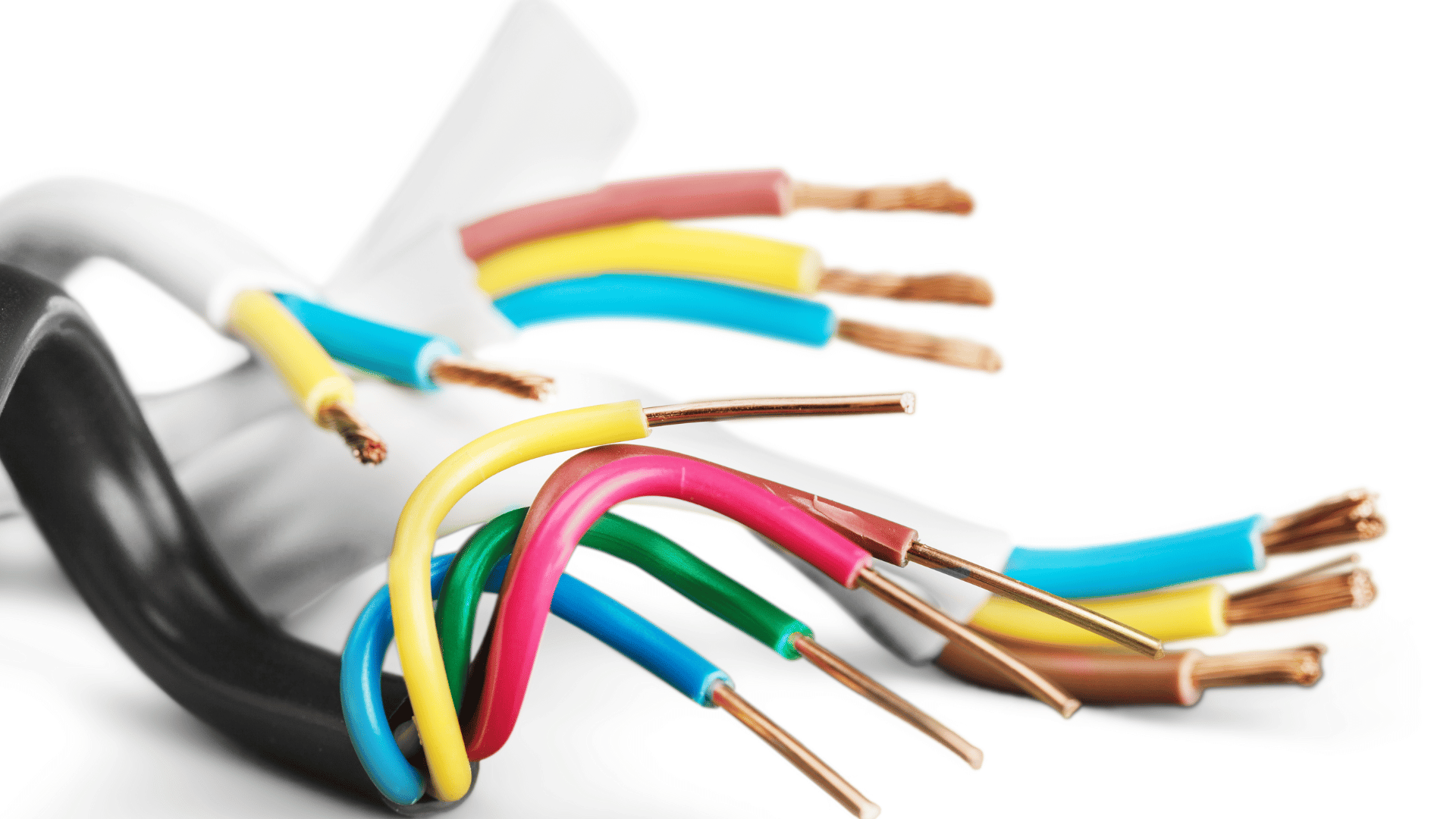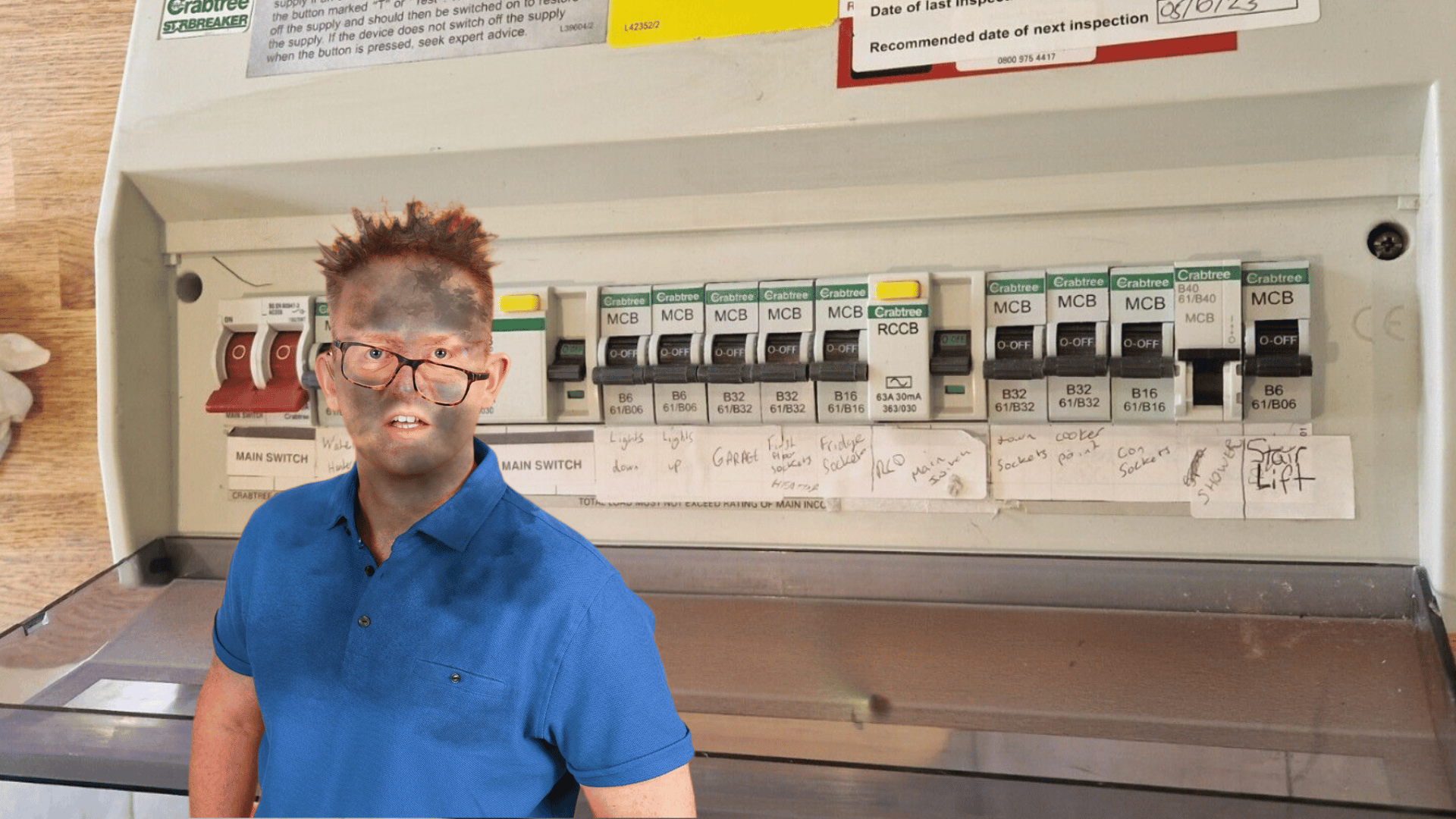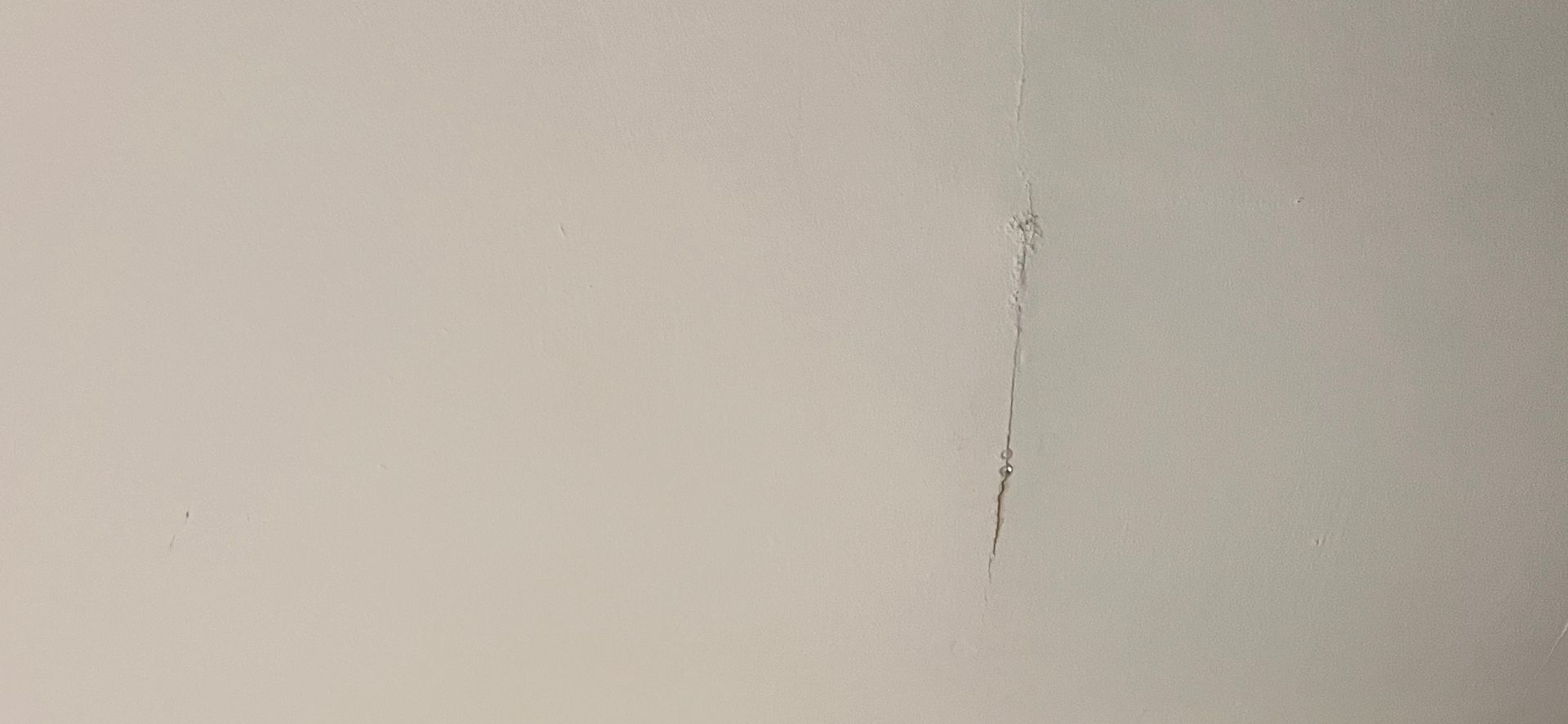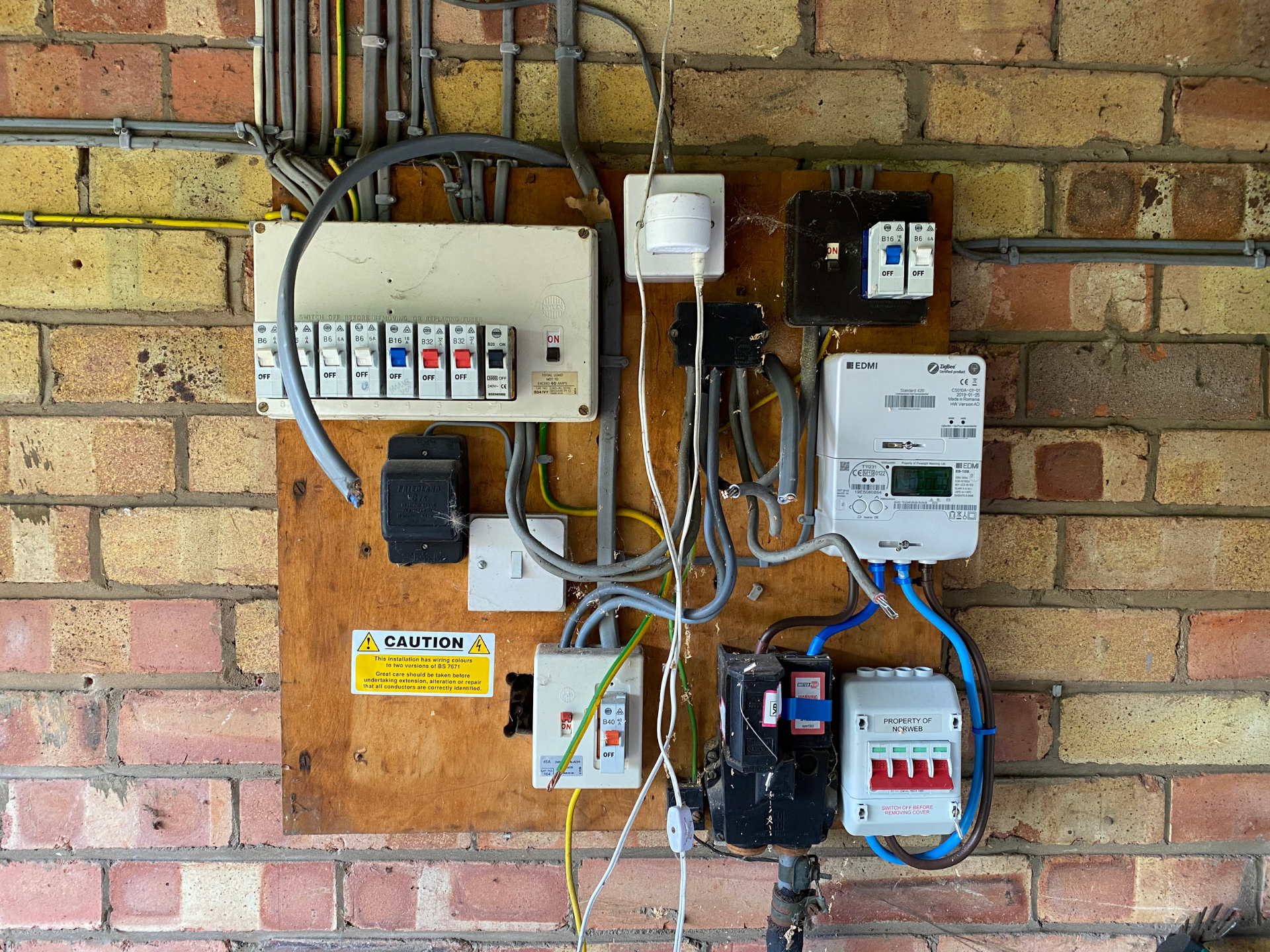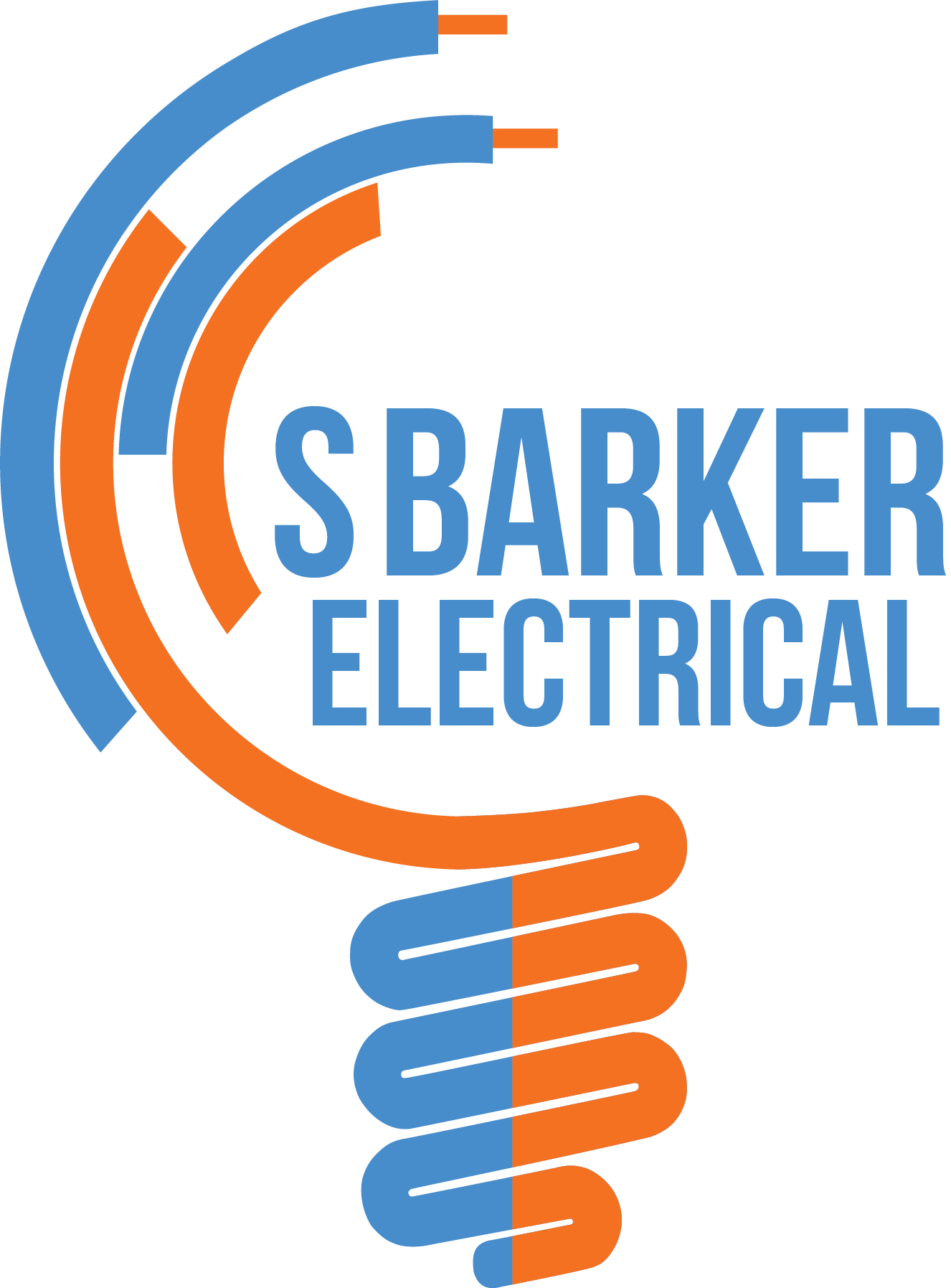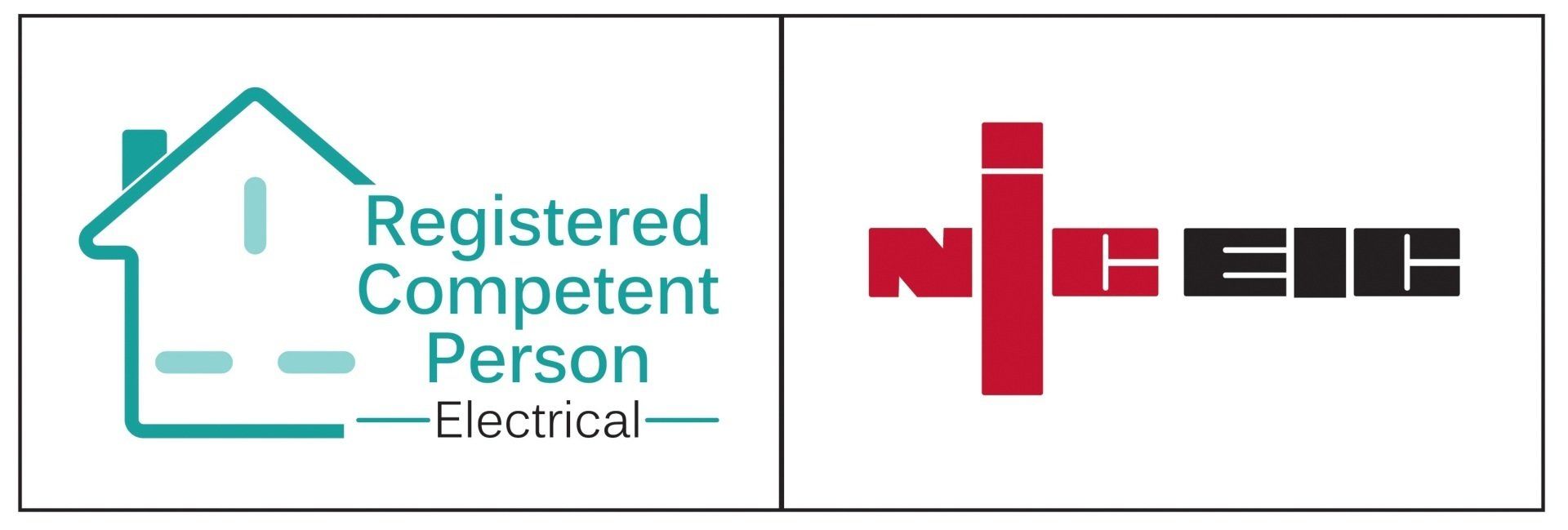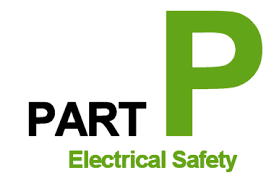Electrical inspections for commercial properties
Nobody ever said that running a business is easy. There are so many rules and regulations to adhere to, especially if you employ staff on your commercial premises. But some regulations are easier to comply to than others, and I would list electrical inspections in that category, especially when you think about the consequences of faulty electrical circuits, the danger to people on your business premises and how simple it is to prevent. Although the law does not specifically mandate for electrical inspections for commercial properties, there are regulations covering health and safety at work that you need to be aware of:
· Health and Safety at Work Act 1974, requires both employers and employees to ensure the health and safety of everyone on work premises
· Electricity at Work Regulations 1989 requires ‘precautions are taken against the risk of injury sustained from electricity in the workplace’
· The Management of Health and Safety Work Regulations 1999 sets out an employer’s obligation to undertake risk assessments to make sure any workplace is safe
· The Provision and Use of Work Equipment Regulations 1998 requires employers to ensure that any electrical equipment, whether fixed, portable or transportable, is safe
Taken together, the regulations state that employers should take all necessary steps to make sure that the electrics in commercial premises are safe for both employees and visitors.
Electrical inspections for commercial properties
Complying with the regulations
So, although the law doesn’t specify that you must undertake electrical inspections for commercial properties, complying with the regulations means that any electrics in commercial properties, whether equipment or installations, have to be shown to be safe. The easiest way to demonstrate their safety and your compliance with all the regulations, is to undertake regular testing of electrical circuits and equipment in commercial premises, which will detail any faults and the remedial work necessary to ensure they are safe. Commercial insurers are also becoming more insistent that electrical inspections for commercial properties are carried out, so it could affect your claim if you have an accident that could have been prevented or avoided altogether.
The easiest solution is to book a registered electrician like S Barker Electrical to carry out electrical inspections at regular intervals. We will provide you with an Electrical Installation Condition Report (EICR), detailing faults and/or recommendations to make sure your electrical wiring is safe, based on the latest changes in regulations. An inspection of up to seven circuits should take around two and a half hours to complete and we will work around your business, ensuring the least amount of disruption possible. Simplycontact us, or complete ouronline booking form.
Electrical inspections for commercial properties in Sheffield
Frequency of inspections
How regularly you should undertake testing is set out by the IET Wiring Regulations BS 7671 and depends on:
· The type of electrical installation
· The environment in which it operates
· Usage
In the majority of cases, EICRs will be required every 3-5 years, for example:
· Offices
· Retail outlets
· Hotels (excluding Spa Resorts)
· Restaurants
· Educations establishments including halls of residence
· Churches and community centres
· Public Houses
· Care homes and hospitals except for medical locations
However, in locations deemed to be at higher risk, where installations may be exposed to hazards such as dust or moisture, where there may be extreme temperatures, or businesses that are open to the general public, inspections should be undertaken every three years or less:
· Spa hotels/resorts
· Leisure centres
· Theatres
· Places of public entertainment
· Manufacturing plant/unit
· Caravans
· Agricultural/horticultural establishments
· Cinemas (back of house)
In some premises, an electrical inspection will be an annual requirement:
· Medical locations within hospitals
· Swimming pools
· Saunas
· Caravan parks
· Marinas
· Laundrettes
· Petrol Stations
· Cinemas (front of house)
You will have noticed in the examples above that some commercial premises may have different requirements. For example a hotel is every five years, but if it has a swimming pool, then the pool should undergo inspections annually. This is not unusual, and at S Barker Electrical, we can work with you to put together a schedule, so there is little or no disruption to your normal business operation.
Electrical inspections for commercial properties in Sheffield
What happens during an inspection?
Of course, no two businesses are the same, so the cost and time of an electrical inspection will vary depending on the type of business, the age of the premises and the number of electrical circuits involved. However, I feel it is important to point out the difference here between and EICR and a visual inspection.
A visual inspection is a basic check which can identify visible signs that there may be a defect, or damage or deterioration, but does not involve the testing of any circuits.
An EICR inspection is more detailed and involves testing the circuits to identify specific issues that cannot necessarily be ascertained with a visual inspection
At S Barker Electrical, we pride ourselves on providing a thorough EICR inspection for commercial properties in Leeds, in compliance with BS 7671, including but not limited to:
· Checking the condition of copper in all circuit wiring
· Checking for deterioration in circuit wiring
· Ensure that the ring mains circuits are wired correctly
· Check the earthing and bonding of gas and water supplies
· Check for signs of overheating
· Check for overloading and the correct use of accessories
· Correct accessories for the environment of the installation which varies depending on the nature of the business
· Correct protection
· Check the sensitivity level of RCDs
Over the many years I have been undertaking electrical inspections for commercial properties, I have found three main types of common fault, all of which could have been avoided:
· Overheated or overloaded circuits
· Fuses that have not been fitted correctly
· Faulty electrical work
You will be issued with a report following the inspection which will detail the results of the testing and any damage or defects found. This report will highlight anything that does not meet the current safety standards and state any remedial work you need to carry out immediately, urgently or work that is recommended, but not required to pass the inspection. Once the work has been completed, you will receive the EICR certificate deeming your electrics to be safe.
At S Barker Electrical, we have more than 34 years’ experience of carrying out electrical inspections for commercial properties. You can trust us to work an organised and expedient way in order to minimise the effect on your business operations. Your EICR certificate is printed and emailed/posted on the same day your property passes the inspection. And, for your peace of mind (just in case you lose your certificate!), the certificate is securely backed up on our system. It’s easy to book electrical inspections for commercial properties in Leeds using our online booking form. We will even give you an extra discount if you book PAT testing for your electrical equipment at the same time!
